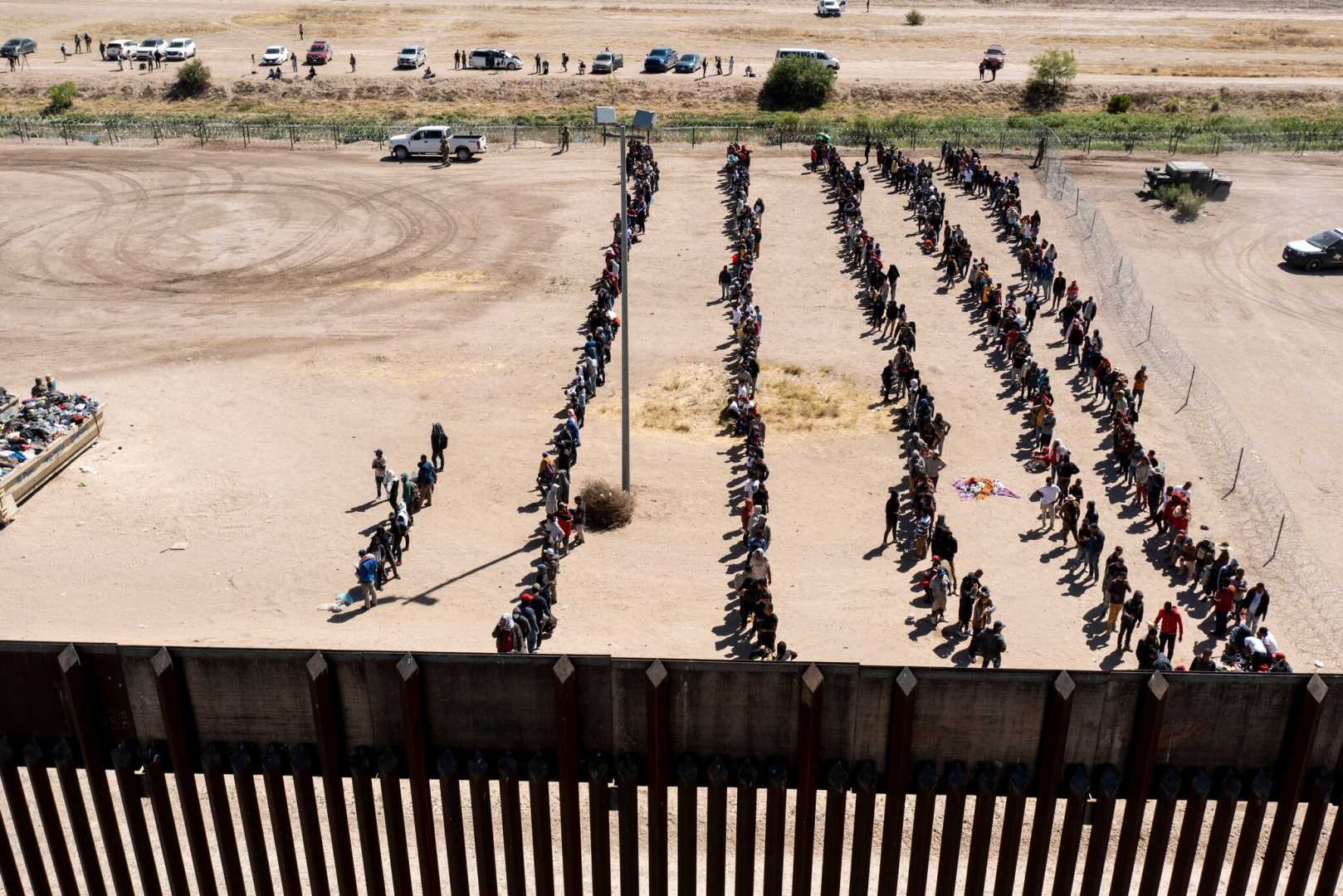Politics
Trump May Reinstate Title 42 to Close U.S.-Mexico Border

WASHINGTON, D.C. — President-elect Donald Trump is reportedly considering reinstating Title 42, a public health authority used during the COVID-19 pandemic to expel migrants at the U.S.-Mexico border. The policy, initially invoked by the Trump administration in March 2020, allowed for the immediate expulsion of asylum seekers and other migrants without screening, citing public health concerns.
Title 42, a provision of the Public Health Service Act, was lifted in May 2023 when the Biden administration declared an end to the COVID-19 public health emergency. However, recent reports suggest Trump may revive the policy as part of broader immigration restrictions during his second term. The move could significantly impact border crossings and migrant health.
Under Title 42, over 6.5 million encounters were recorded at the Southwest border between fiscal years 2021 and 2023, with 41% processed under the authority. The policy led to the expulsion of 2.5 million single adults, 320,000 family units, and nearly 16,000 unaccompanied minors, though the latter were exempted starting February 2021.
Critics argue that Title 42 failed to reduce border encounters or curb COVID-19 spread. Instead, it increased repeat crossings, as expelled migrants faced no penalties for re-entry. Data from 2020 to 2023 shows that many expulsions involved the same individuals attempting to cross multiple times, with recidivism rates reaching decade-high levels.
Public health experts have also raised concerns about the policy’s impact on migrant well-being. Physicians and epidemiologists noted that Title 42 exposed migrants to health risks, including lack of medical screenings and mental health challenges. A study of asylum seekers expelled under Title 42 found widespread reports of depression, anxiety, and PTSD, with children particularly affected.
If reinstated, Title 42 could exacerbate family separations and fuel xenophobic sentiment, critics warn. The policy’s potential revival underscores ongoing debates over immigration enforcement and public health justifications.












